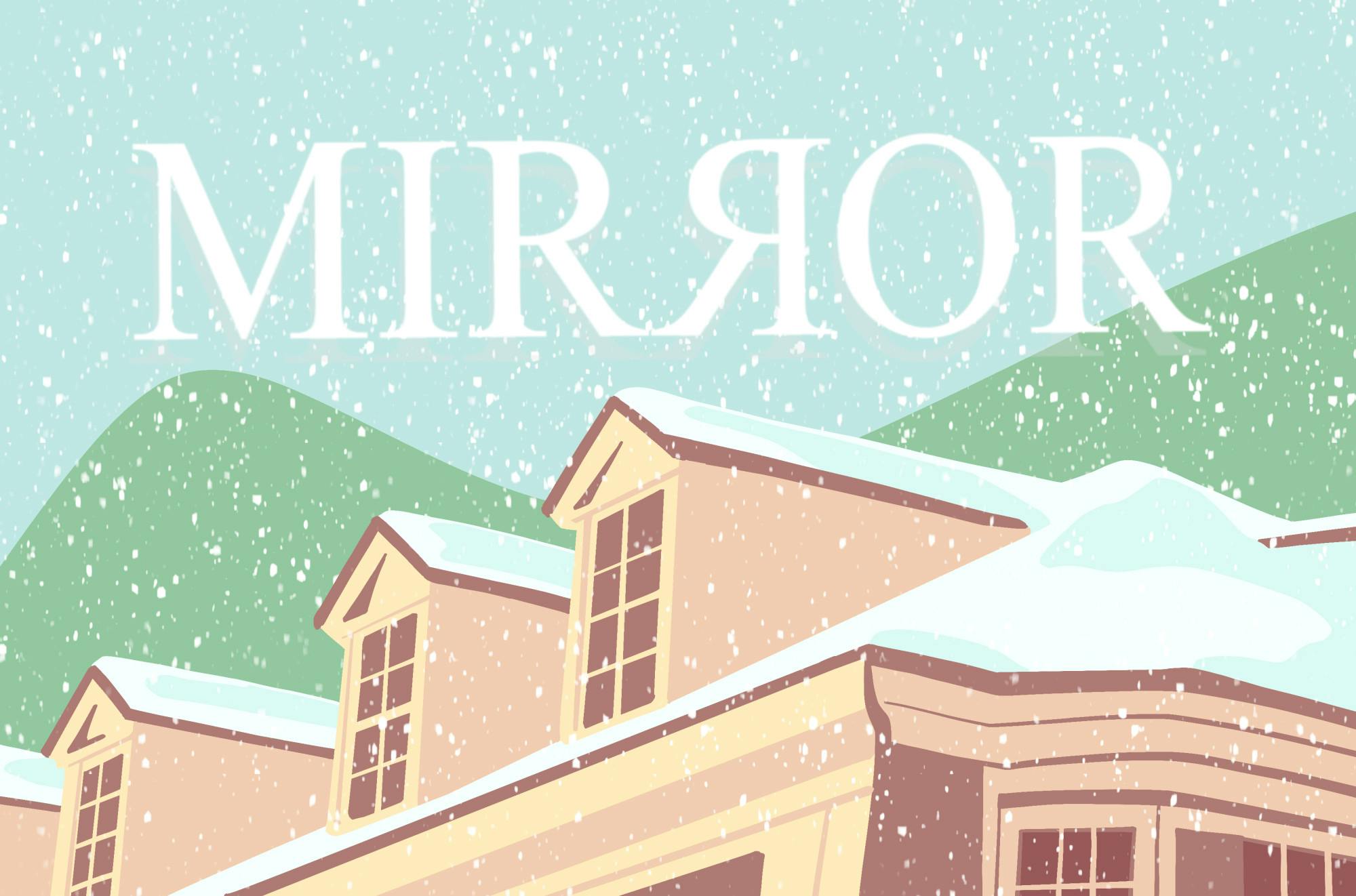In a class earlier this term, the professor assigned a group project due six days later. The topic? “Connection.” Specifically, our task was to identify another project group in the class and investigate “what connection they feel is lacking in their lives,” the assignment vaguely stated. We then had to propose a solution to bolster that sense of connection for them.
Yes, the prompt was broad. And confusing. The infinite range of possibilities generated an uneasiness in me. How were we supposed to create something that tackled the invisible, intangible idea that is connection? We abstractly talk about connection a lot at Dartmouth — feeling less close to a friend, to one’s loved ones at home, to the Dartmouth community as a whole — yet in the initial phases of this project, I struggled to wrap my head around it. Talking about connection with my group mates failed to alieve the existential crisis that crept into the edges of my brain: Was there connection lacking in my life?
Then, I interviewed one of the members of the other group. In a barely-lit classroom with a painfully structured interview guide in front of me, I asked her questions about the connection in her life. It began awkwardly, forced out of an artificial premise. We discussed her ideal day, what makes her feel most connected to other people and what gives her energy in her life. It reeked of insincerity. But then, we stumbled upon something real: the culture of productivity that Dartmouth instills in us. We lamented the constant pressure we felt to be making progress in our lives, a pressure that I felt even before that interview. Our shared desire to connect more with “friend crushes” invigorated me, shedding any compulsion to be productive. Ironically, in my quest to find connection, born out of a desire to accomplish something for the task at hand, I had spontaneously found it.
This week, Mirror sheds a light on some of the other moments of spontaneity and connection found in our community. One writer investigates the history of the first snowfall midnight snowball fight, while another finds out who plays the Baker bells. A third piece highlights the challenges students face in exercising during the winter and a fourth spotlights The Early Warning Project, a research collaboration between the Dickey Center and the Holocaust Museum's Simon-Skjodt Center.
My group project to find connection resulted in a cutesy, note-passing product to bring back the magic of middle school classroom interactions. Although it may never reach the shelves of a local store, we at Mirror hope that you can find those things that bring a little bit of magic and connection back into your lives — note-passing or otherwise.




